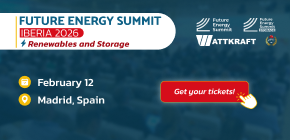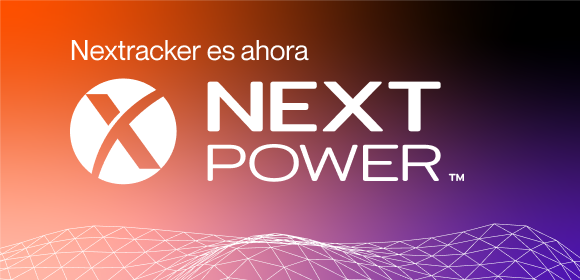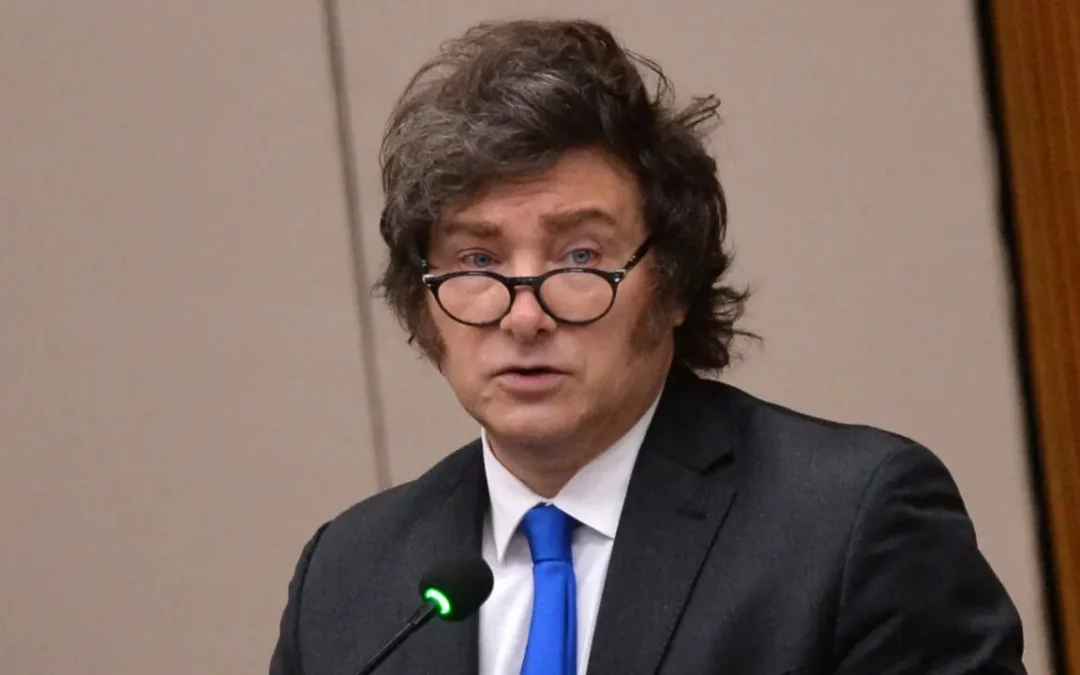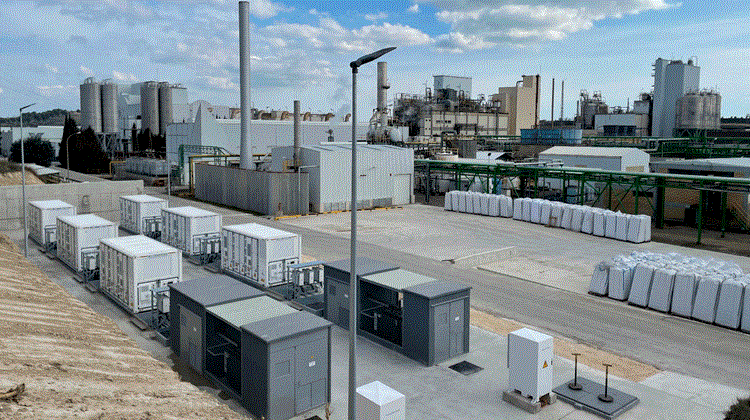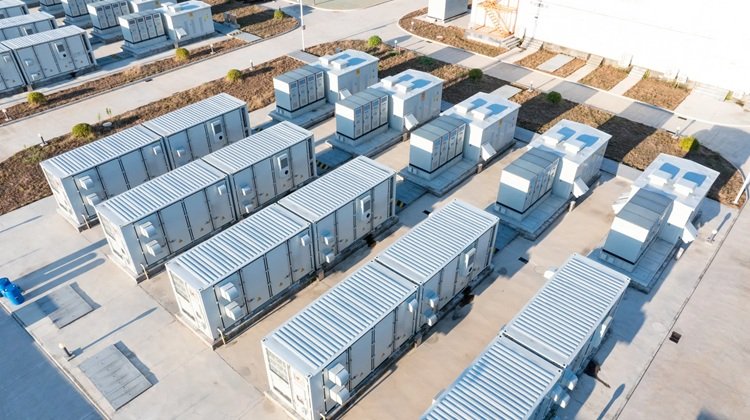Speaking at the third edition of the Future Energy Summit Iberia (FES Iberia 2025), Héctor Erdociain, Chief Strategy Officer & Chief Technology Officer of Chemik Group, presented the strategies and products the company is leveraging to establish a stronghold in the European solar market, particularly in Spain. His presentation focused on operational efficiency and cost reduction, underpinned by hard figures: up to 4% savings in CAPEX through field-tested solutions.
“The key is to offer real solutions to real on-site problems,” asserts Erdociain, who outlined four product lines: Checkness, Stream Plus, custom support systems and integrated cable routing.
Checkness: proven technology in over 5 GW
One of the core innovations is Checkness, a system launched three years ago and now integrated in more than 5 GW of projects worldwide. “We currently have 623 MW installed with Checkness in Spain, and are finalising a 700 MW delivery in Burgos,” he notes. The solution has expanded internationally, with deployments of 70 MW in Guatemala and 475 MW in Peru, confirming its versatility across diverse markets and regulatory frameworks.
Stream Plus: fewer components, more savings
Next, Erdociain highlighted Stream Plus, a system designed to optimise module layout per string. In typical Spanish projects with 28 modules per string, Stream Plus increases capacity to 30 modules, translating into fewer trackers, reduced concrete footings, and less cabling and structural loads. “The saving is approximately 4% of total project CAPEX,” he explains. The product also addresses overvoltage issues in inverters, particularly during cold periods—a problem already detected in numerous existing installations.
Tailored solutions born on the construction site
The third innovation focused on support and routing systems developed directly from client feedback. “We listen to the client to develop our products. It’s on the construction site where real problems emerge,” Erdociain emphasises.
One such solution—involving cable routing through the torque tube—helped reduce trenching costs from €2.5 million to €600,000 in a 300 MW project, by eliminating traditional corrugated conduit systems. “We had only the 3D design ready and had already sold $300,000 in the Spanish market,” he recalls.
Customer loyalty through applied engineering
Client retention is a key outcome of this strategy, rooted in responsiveness and adaptability. “Everyone who tries our products continues working with us. That gives us visibility into the year’s project pipeline,” says Erdociain. This trust is cementing Chemik Group’s position as a key technology provider for major solar developments in Europe.
A solution aligned with Europe’s current needs
FES Iberia 2025 brought together sector leaders to discuss the evolving dynamics of the European solar market and the role of energy storage. Within this context, Chemik Group delivered a strictly technical presentation with quantifiable economic benefits, precisely what developers and operators are seeking across the continent.
Asked about the scalability of these solutions, Erdociain was clear: “We’re talking about proven products with measurable outcomes. It’s technology that earns loyalty by addressing the real challenges the sector faces today in Europe.”
Engineering with immediate impact
The session also underscored Chemik Group’s strategic positioning in Europe’s energy transition. While other players focus on business models or financing structures, the company is clearly committed to applied engineering, cost reduction and ready-to-deploy technical tools.
In an ultra-competitive market with increasingly tight margins, Chemik Group’s value proposition is built on hard data and measurable operational improvements, including a 1.5% OPEX reduction from its dual-mounting system and enhanced module durability under extreme weather conditions. “We’re solving problems that were previously accepted as inherent risks,” the CTO concludes.
Thus, Chemik Group reaffirms its commitment to the European market not with marketing slogans, but from the ground up: lower CAPEX, greater durability, improved efficiency. All achieved through solutions developed in the field, built for scalable implementation.
Watch the full panel









